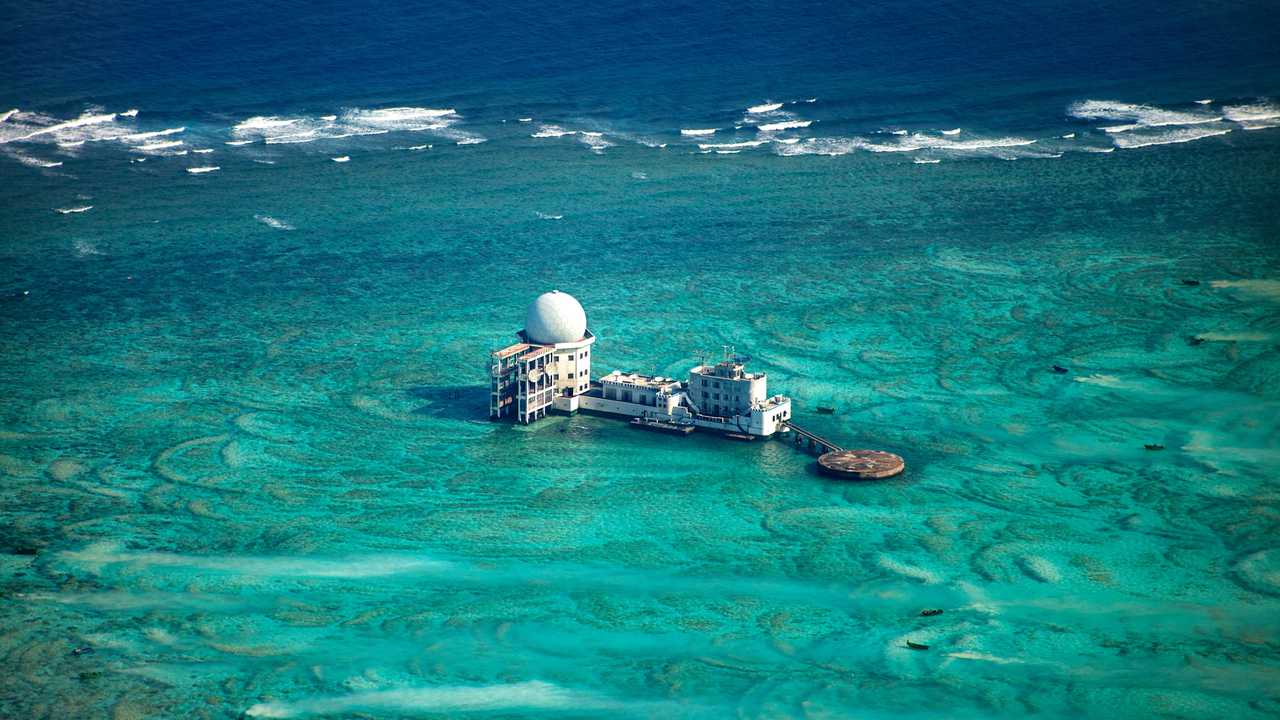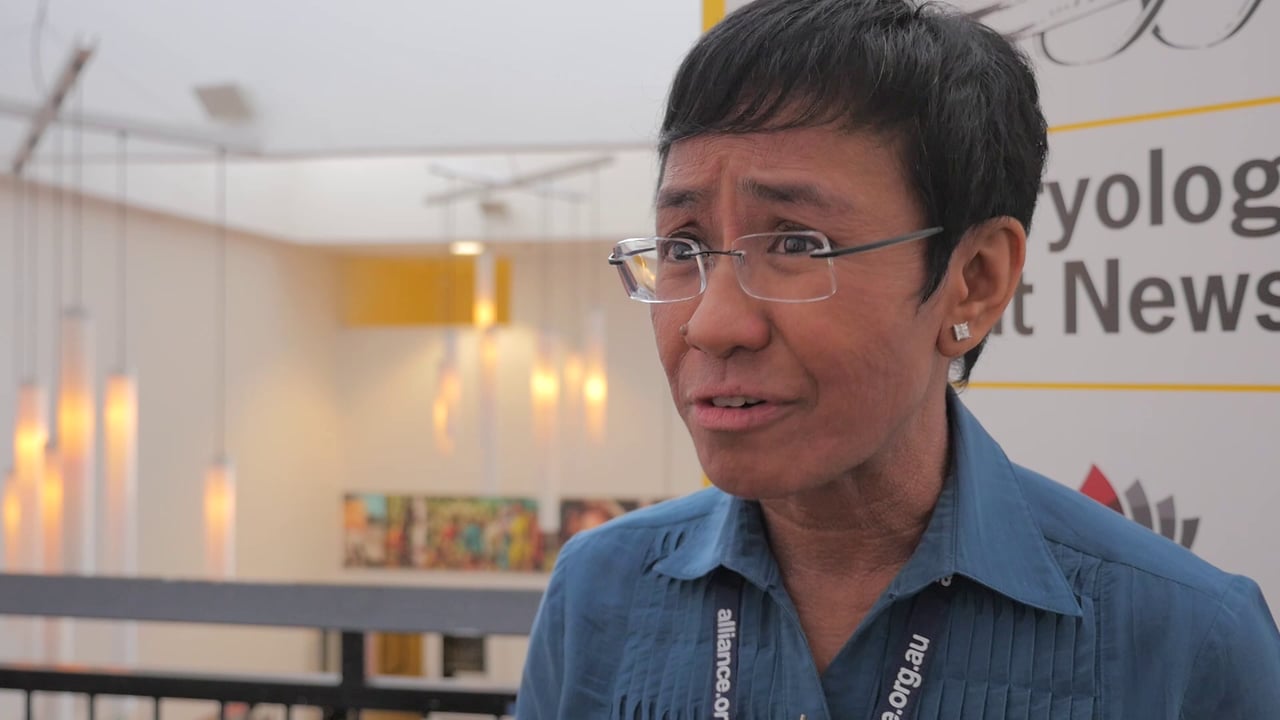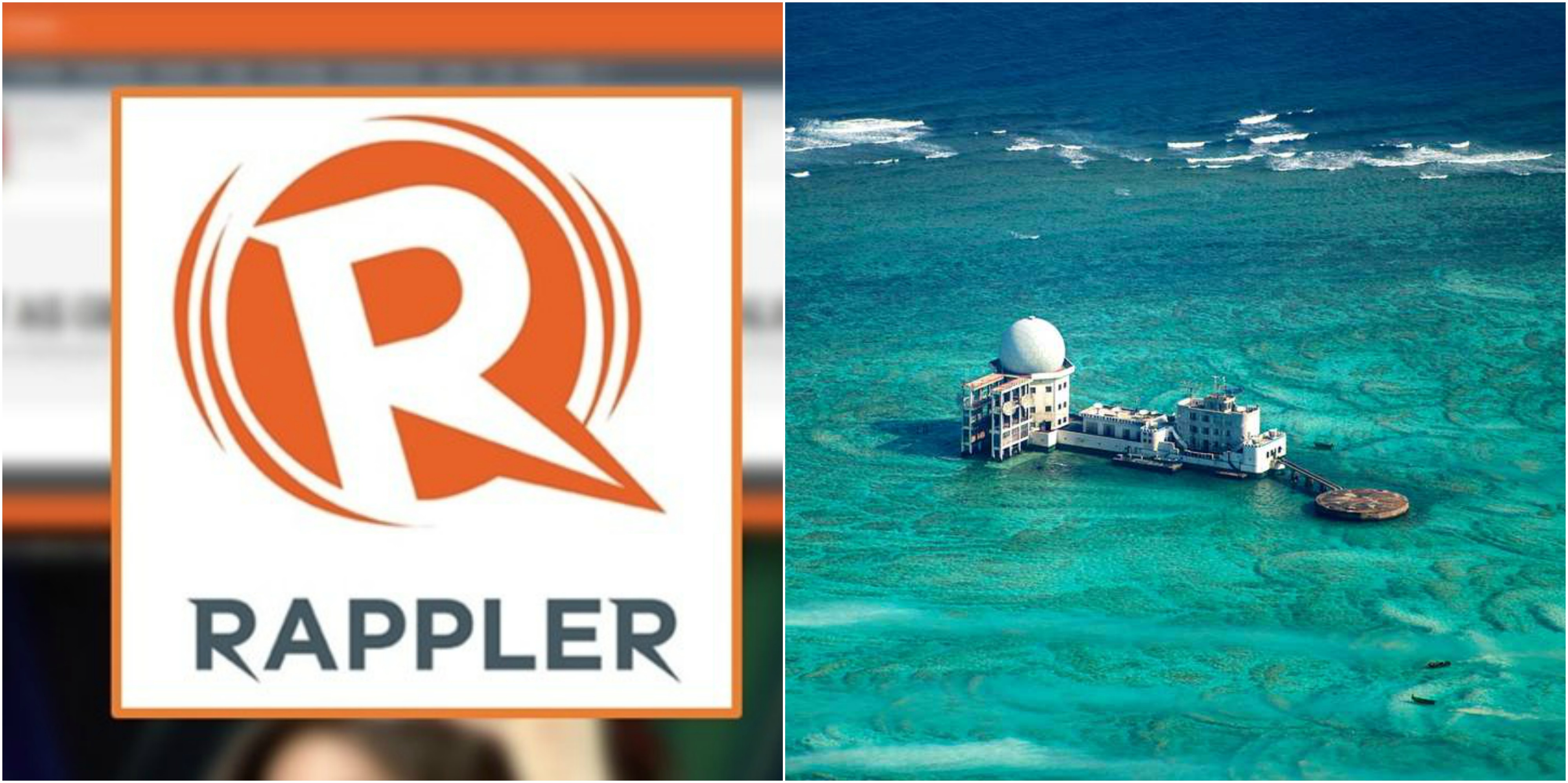The online news website Rappler.com was ordered closed by the Philippine Securities and Exchange Commission (SEC) for allegedly being owned by foreign entities. Despite justifying that foreign businesses financially invest in their company rather than buying ownership, the media firm was still unjustly censured by the commission – even though its competitors receive the same foreign investment.
Many observers believe Rappler’s closure was due to its vigilant critique of the Duterte administration rather than any legal basis. While other news corporations may have criticized the government in the past, it was the closed news website that was deemed the harshest.
The President himself have called out Rappler.com and its CEO, prominent journalist Maria Ressa, on its ownership status and declared in his 2017 State of the Nation Address (SONA) that they were “fully owned by the Americans”. The influential blogger and now Assistant Secretary of the Presidential Communications Operations Office (PCOO), Margaux “Mocha” Uson, also hypothesized that the American Central Intelligence Agency (CIA) were the operators of Rappler on her Facebook page followed by millions of individuals.

President Duterte and his adherents promulgated the fiction that Rappler.com is owned by foreigners, specifically Americans, and used that allegation to justify the invalidation of the media company’s registration. They celebrated the demise of the website, patting themselves on the back as though they were patriots who fended off a foreign invader.
The irony in all this is that despite their self-proclaimed patriotism and rejection of foreign intervention, the Duterte government have done next to nothing in warding off Chinese incursions into Philippine territorial waters. The proposed constitutional change, one of the key projects of this administration, also seeks to relax restrictions on foreign ownership of Philippine property – which is the very reason why Rappler was sanctioned.
If President Duterte is serious about restoring Philippine sovereignty, he should start with our territorial borders. Last Christmas, a report came out of Beijing stating that operations to expand Chinese military installations in the West Philippine Sea were underway. Satellite imagery from a U.S.-based think-tank further reinforced this and revealed that these fortifications were being enlarged, further reinforcing their hold on the disputed islands.
Despite a ruling from the UN Convention on Laws of the Sea (UNCLOS) rejecting China’s claim on the entirety of the Spratlys Islands – the Philippine government have been reluctant to enforce our territorial rights. The Duterte government have also confirmed Chinese activities in the Benham Rise, a Philippine maritime territory on the Eastern part of Luzon island.
Foreign Affairs Secretary Alan Peter Cayetano divulged that the government had granted a request by the Chinese government to conduct scientific research on Benham Rise. He justified this by stating the potential benefits of the scientific study to the Philippines, but could not explain why a request for access to the same area by a French NGO was rejected.

The Duterte government have also been pushing for a change of constitution, mostly to improve the economic competitiveness of the country by easing restrictions on foreign ownership of Filipino businesses. This stated objective by the President makes his professed opposition to foreign ownership of Rappler all the more laughable.
The proposed changes to the 1987 Constitution would include liberalization of every sector except for land ownership, as revealed by Duterte’s economic planning secretary Ernesto Pernia. This means that even mass media, which under the current constitution must be Filipino-owned, will be opened to foreign equity.
Removing controls on the amount of equity foreigners can own in the Philippines was a key platform of President Duterte during the 2016 Presidential Elections, he once said: “maybe we can tinker with the Constitution now about changing or amending the 60-40 (ownership) to make them (foreign investors) comfortable”. For a man so concerned about attracting foreign business and making sure they feel “comfortable” investing in the country, he seemed very hostile when Rappler.com had mere financial investors who were foreigners in their books.

The Duterte government and its adherents claim to champion Filipino control, and question the “Filipino-ness” of their detractors to demean their legitimacy in the eyes of the Filipino public. What is ironic is that it is the current administration who are kowtowing to foreigners and comprising the sovereignty of the Philippines at their own doing.
They justify their targeting of Rappler because the media entity received financial investment from foreign groups, yet say nothing about ABS-CBN and GMA Network – both of which have also received the same type of foreign investment from outside sources. The SEC had already stated they do not intend to investigate either media network about their financial transactions.
When you see such blatant double-standards and inconsistencies in the government’s inquiries, you cannot help but draw the link between Rappler’s inquisitive coverage of the Duterte administration and the fate they suffered. What’s even clearer is the government’s blatant hypocrisy with regards to foreign ownership, only invoking patriotism and foreign intervention when it suits their own agenda.


One thought on “Rappler’s Closure and the Government’s Hypocrisy Regarding “Foreign Ownership””
Comments are closed.